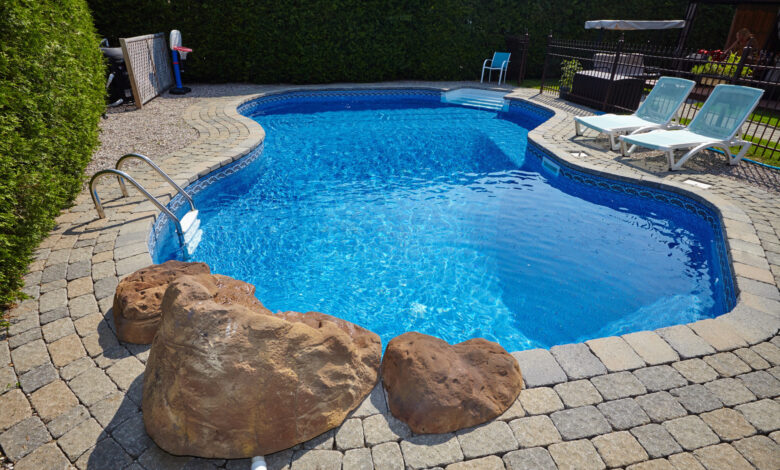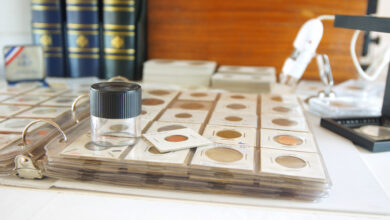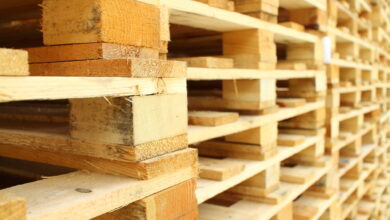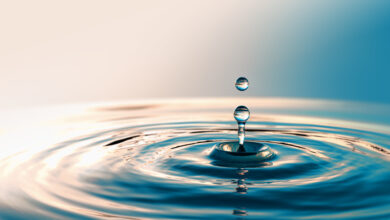5 Things You Should Know About Pool Maintenance

Are you tired of having a messy pool around the house, the hassle of having to deal with the maintenance yourself, or having to constantly put money into keeping your pool in tip-top shape?
One of the best things to have at home is a backyard pool, but only when you know how to maintain it.
If you don’t know much about pool maintenance, you’ve come to the right place. Here, we have a guide on all you need to know about maintaining your pool nicely and efficiently.
1. Basic Pool Maintenance Tips
If you have a pool, you know that maintaining it is important. But what exactly should you do to maintain your pool and keep it clean? Here are some basic pool maintenance tips:
- Test your pool water regularly
- Adjust the chemicals as needed
- Skim leaves and other debris
- Check pH levels
- Vacuum your pool weekly
- Brush the walls and floor of your pool
- Shocked your pool every few weeks
- Apply pool tile sealer as needed
By following these basic pool maintenance tips, you can keep your pool clean and sparkling all summer long!
2. The Importance of pH Levels
Maintaining pH levels is important for pool maintenance because it prevents corrosion and scale build-up.
It also keeps the water looking and feeling clean and fresh. The pH level should be checked weekly and adjusted as needed. The ideal pH range for pools is 7.2-7.6.
3. Maintaining Your Pool Filter
Assuming you have a cartridge filter, you should backwash it when the pressure gauge rises 8-10 PSI above the starting or normal reading.
You should also clean the filter at least once a month with a filter cleaner specifically made for cartridge filters. Doing all of this will help maintain your filter and keep your pool clean and running efficiently.
4. Types of Pool Chemicals
There are three types of pool chemicals. Each type of chemical has its own pros and cons, so it’s important to do some research to figure out which one is right for your pool.
Chlorine
Chlorine is essential to keeping your pool clean and free from bacteria, but it’s important to handle it with care. Chlorine is a powerful chemical and can cause skin and respiratory irritation if you’re not careful.
Bromine
Bromine is a strong disinfectant and is often used in pools to help keep the water clean. But, bromine can also be corrosive and can cause staining on pool surfaces.
Biguanide
Biguanide sanitizers are effective at killing bacteria and algae, and they are also less likely to irritate swimmers’ skin and eyes. One downside of biguanide sanitizers is that they are not as effective as chlorine at killing viruses.
5. How to Vacuum Your Pool
You should know a few things about pool maintenance before you vacuum your pool. First, you’ll need to make sure the pool is clean and free of any debris. Next, you’ll need to find the right spot to start vacuuming.
The best place to start is usually near the drain. Once you’ve found the right spot, you’ll need to make sure the hose is secure and the vacuum is turned on. Finally, you’ll need to move the vacuum around the pool in a slow, steady motion.
Learn About Pool Maintenance Today
Overall, pool maintenance is not difficult or time-consuming if you establish a regular routine. If you have any questions or need assistance in getting started, please contact pool maintenance services.
By following some simple tips, you can know about pool maintenance. Start cleaning today!
Did you find this article helpful? Check out the rest of our blogs!





